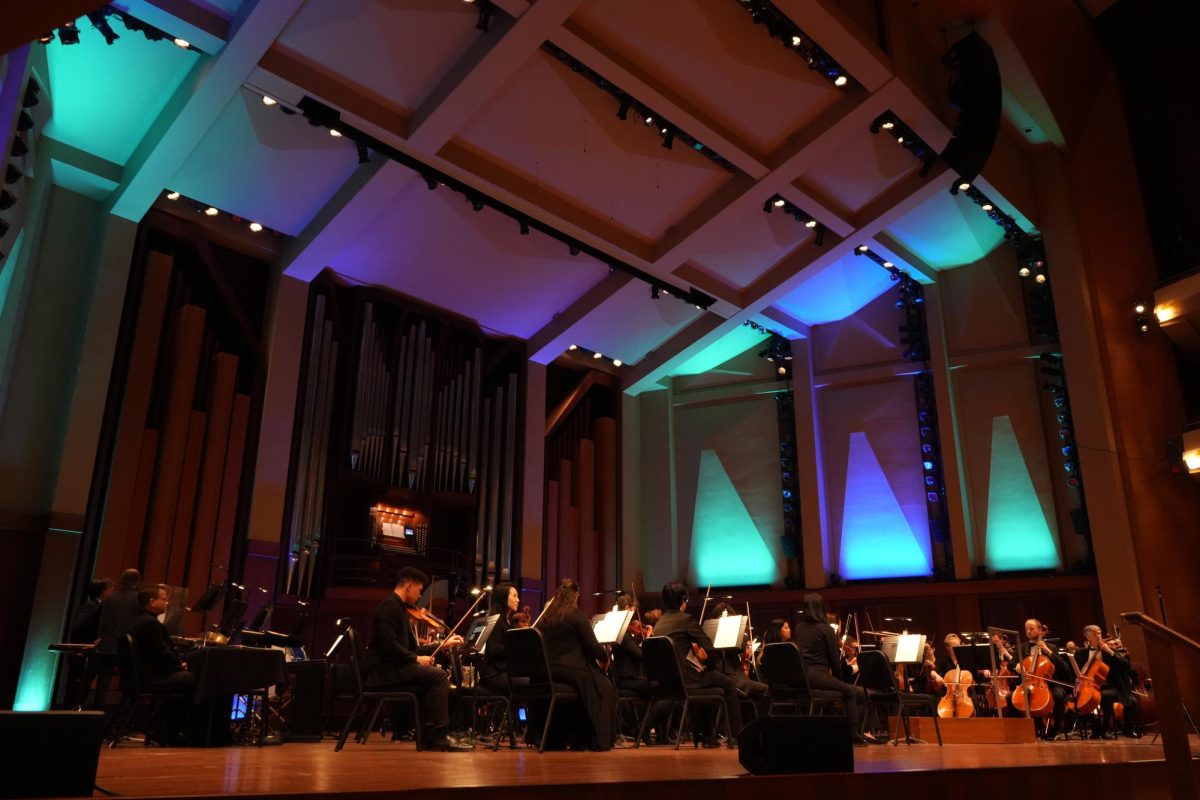Race, gender, class, sexuality, and difficult life circumstances are topics often discussed at Seattle University. Most incoming students realize this before submitting their applications.
These conversations tend to be filled with intensity, anger, and urgency as radical changes to those systems of oppression are demanded immediately so liberation can soon be realized. But instead of seeing people marginalized by those systems as an issue that needs addressing and fixing, why not first understand them as fellow human beings who face significant hardships and need guidance in overcoming them?
“Moonlight” invites viewers to do just that as they witness the transformation of Chiron through three stages of life—his childhood, teenage years, and young adulthood. Chiron is a black male who struggles with bullying, living in poverty, his relationship with his mom who’s addicted to crack cocaine, his sexual attraction to men and a friend he’s romantically interested in.
The film is based on the semi-autobiographical play, “In Moonlight Black Boys Look Blue,” by gay playwright Tarell Alvin McCraney. Director Barry Jenkins, who also adapted the play for the screen and has commented on sharing similar life experiences with McCraney, tells the story so effectively and with so much heart, without resorting to exploitative histrionics that one might find in movies like “Hustle & Flow.”
The actors’ performances also deserve credit for providing “Moonlight” with its subtle, emotionally stirring impact. Alex Hibbert, Ashton Sanders, and Trevante Rhodes sensitively portray Chiron as he attempts to navigate decades of being in the closet. As a mentor to Chiron as a child, Mahershala Ali brings both care and toughness to Juan. And in perhaps a stand-out performance, Naomie Harris embodies the tumultuous effects that Paula, Chiron’s mom, lives with due to a drug addiction.
Despite the challenges the characters face, they’re still able to embrace the stunning Miami palm trees, beaches, and moon-lit skies (shout-outs to the cinematography and colorization!). Conversations about choosing how you live life, admitting to mistakes you made, and loving are had. Jenkins crafts a story where the viewer can relate to characters through their interpersonal interactions, even if they’re not a POC, didn’t grow up as an at-risk youth, or don’t identify on the LGBTQ+ spectrum. The struggles with identity are universal, and the conflicts specifically related to race, gender, class, and sexuality are not overlooked.
Although “Moonlight” doesn’t explicitly explore how to face injustice, it does bring a glowing light to important social issues. Maybe the willingness to take pause and opening oneself to being affected by other people’s stories is just as necessary.
The editor may be reached at
entertainment@su-spectator.com







